The children who lost a parent to coronavirus
More than a million Americans have died of Covid, leaving 213,000 children bereft of at least one primary caregiver. Photographer Callaghan O’Hare visits two families now missing a parent and meets the children whose lives are permanently scarred by the pandemic
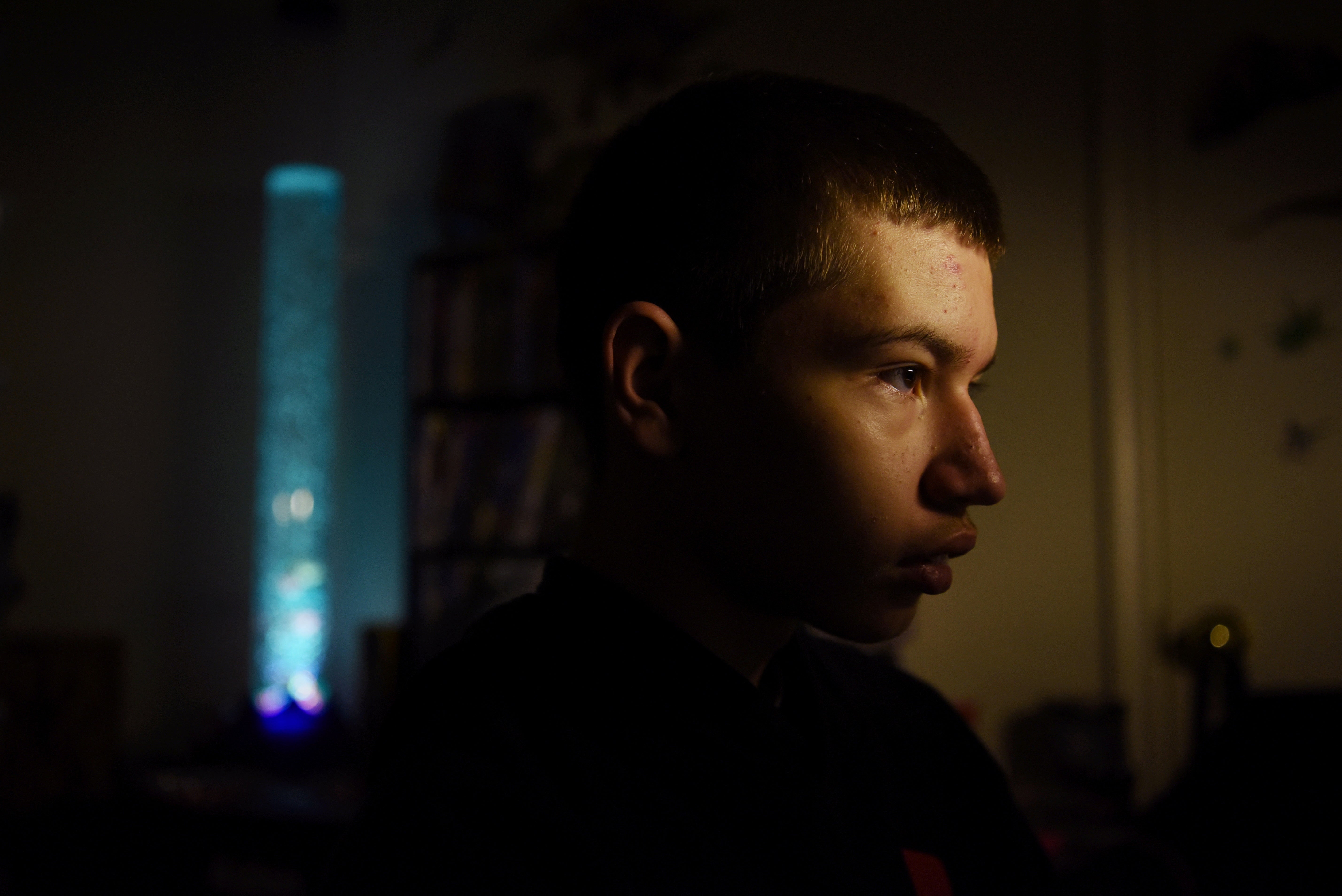
Aidan Garza often talks about his dad in the present tense, as if David Garza were still right across the living room, sitting in his favourite chair, calling the 12-year-old over to watch a Star Wars film.
As if he had never collapsed while out running errands on 30 December, 2020, in Converse, Texas. As if he had never died of Covid, one of the now 1 million people in the US to succumb to the pandemic.
“He’s such a warm guy,” said Aidan. “Every time I would hug him, I feel like I’m touching a cloud.”
No government programme at any level is tracking American children such as Aidan and his big brother Julius who have lost at least one primary caregiver to the virus, but researchers’ estimates put the number at more than 213,000 kids.
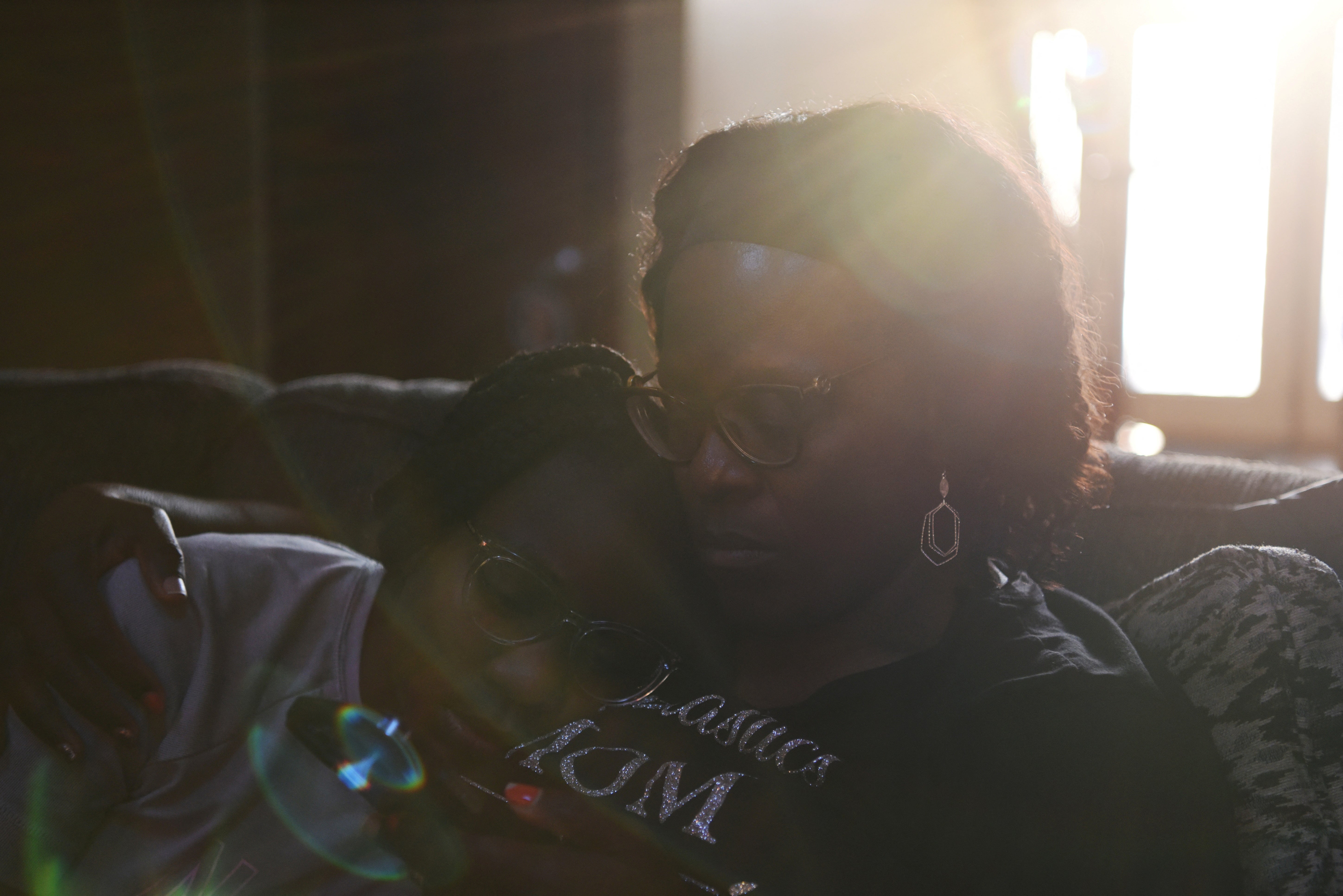
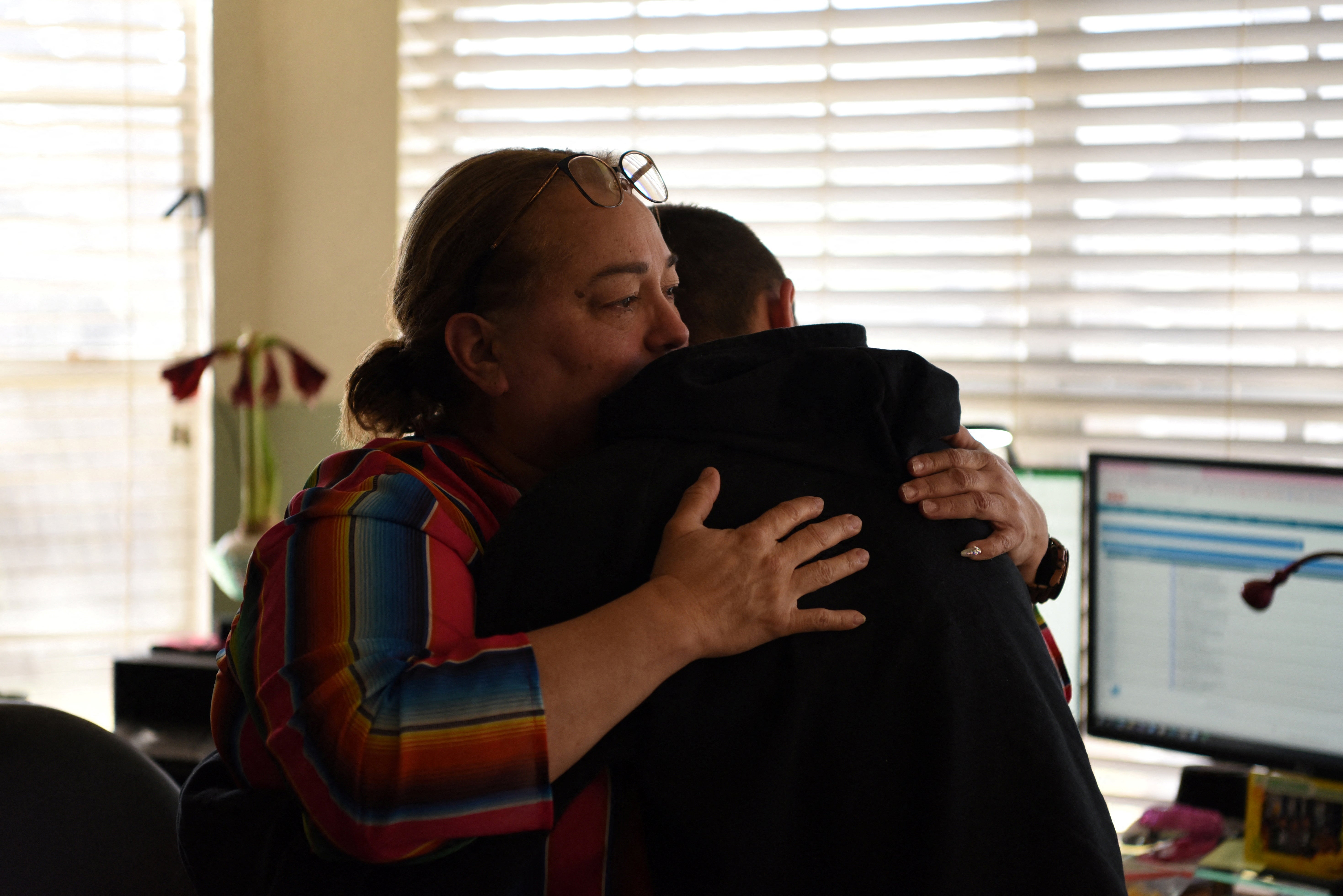
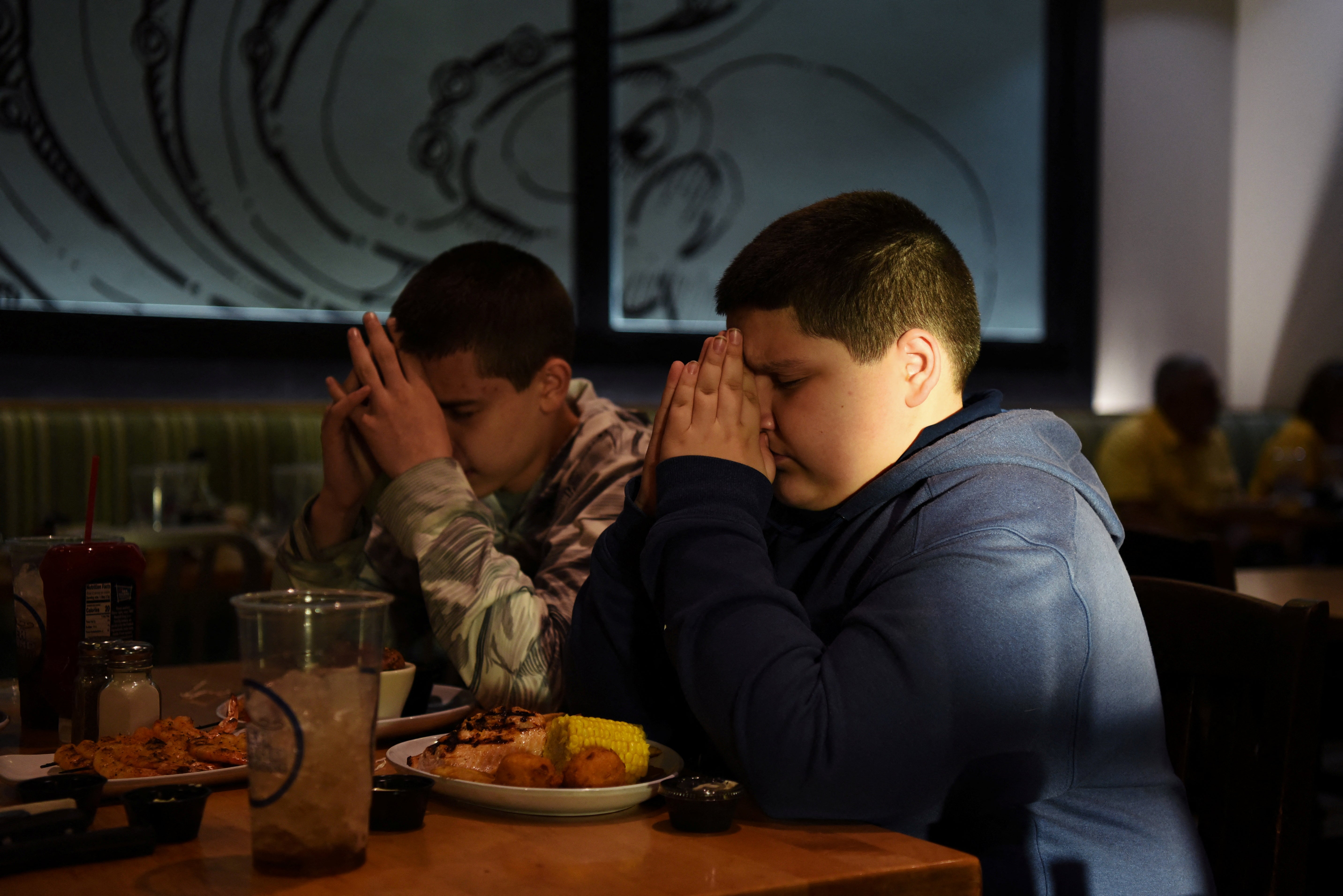
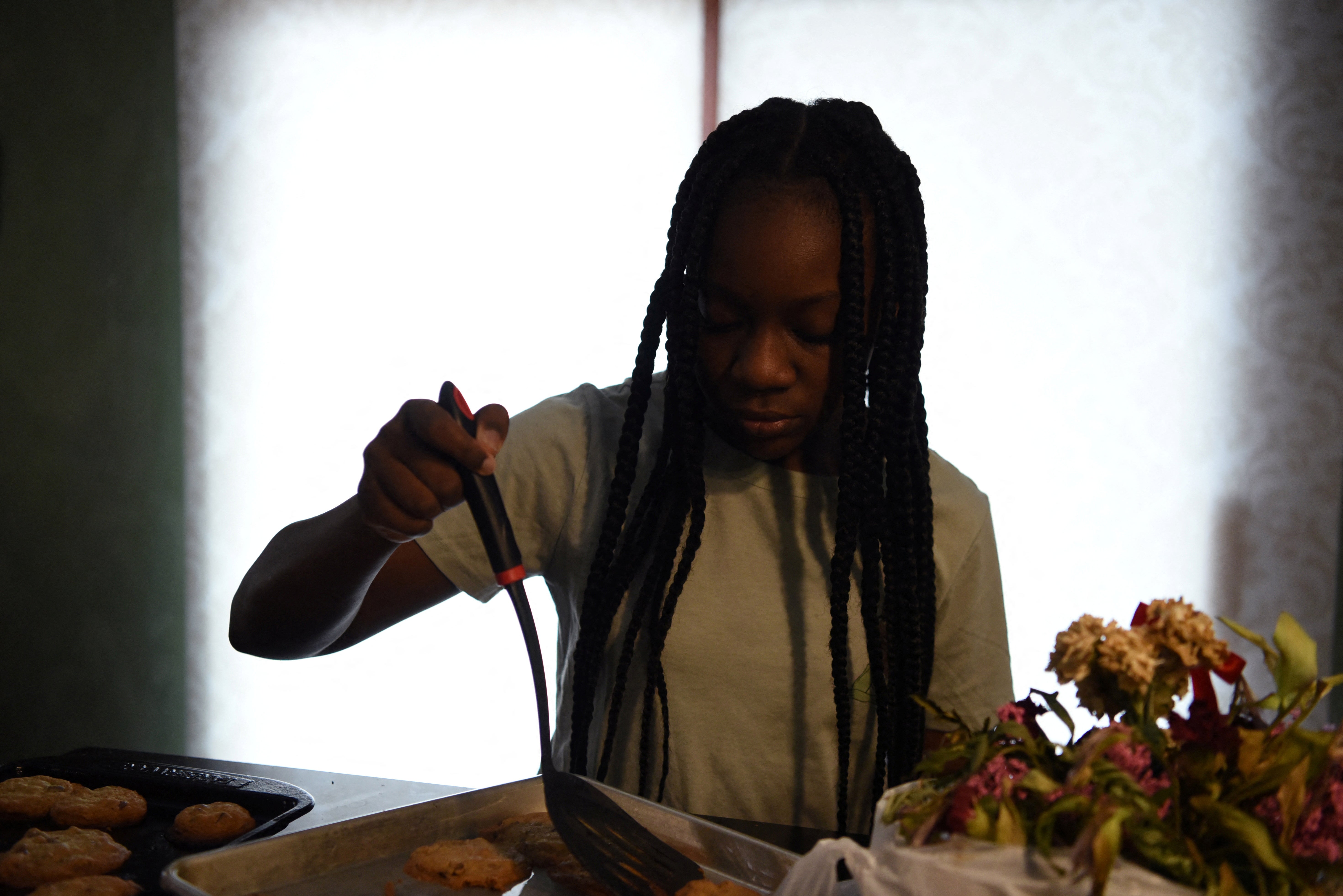
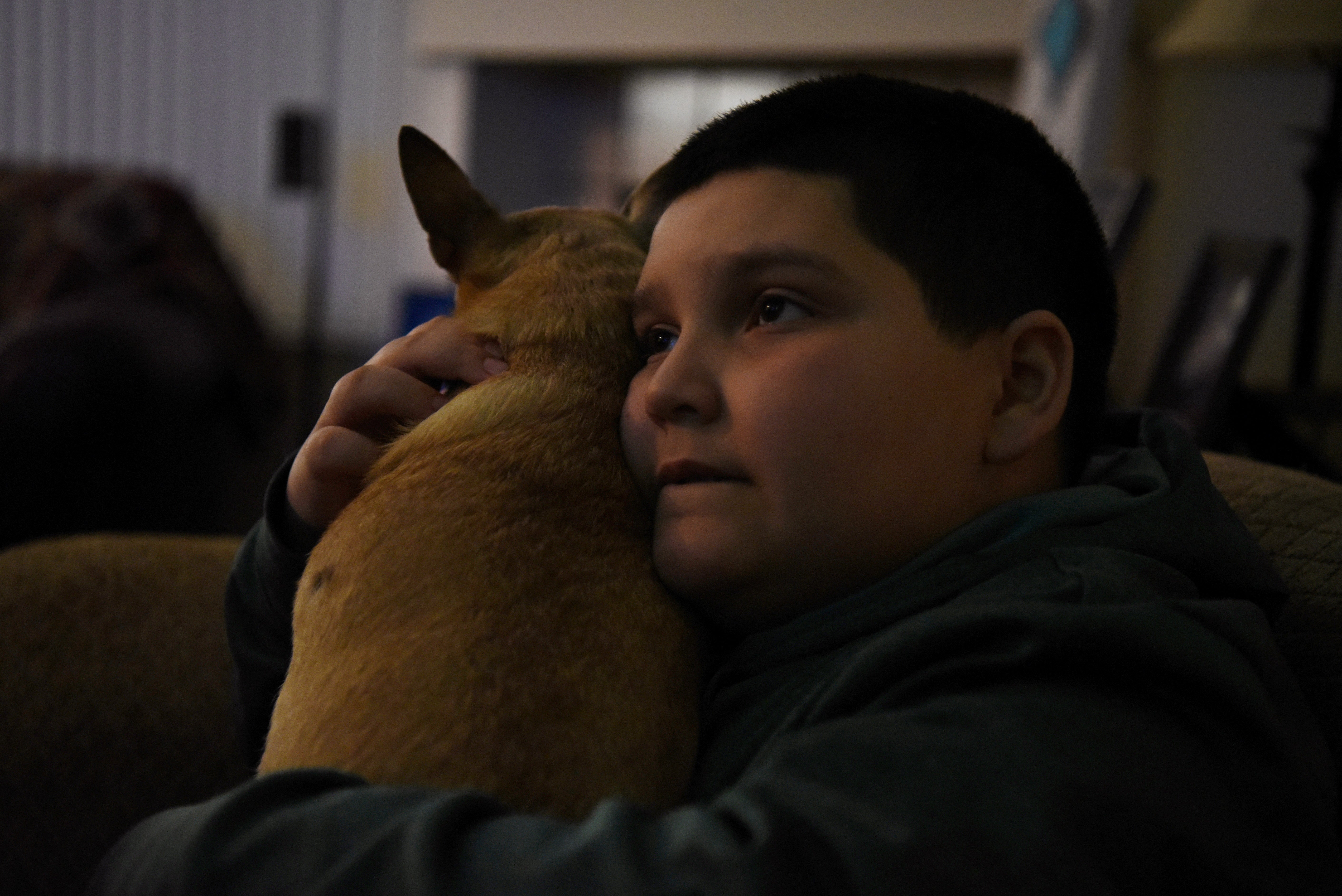
Deep racial disparities among kids who lost at least one parent or caregiver to Covid reflect the course of a disease that has illuminated inequities in areas such as healthcare in the US. Native American children, for instance, are four times as likely to have lost a parent to Covid than white children.
Susan Hillis, the lead author of the first major modelling study to determine the numbers of children who lost a parent or caregiver to Covid, published last October in the journal for the American Academy of Pediatrics, said it is crucial that hospitals, schools and churches work together to identify families who lost a caregiver so that children can be protected from neglect.
While many look forward to the end of the pandemic, families such as Aidan and Julius’s show its profound and enduring impact.
“Our ‘normal’ is not going to be like anyone else’s because we lost someone,” said Margaret Garza, Aidan and Julius’s mother.
Sandra McGowan-Watts, whose husband Steven Watts died in May 2020, has been trying to maintain as much of her 13-year-old daughter Justise’s routine as possible.
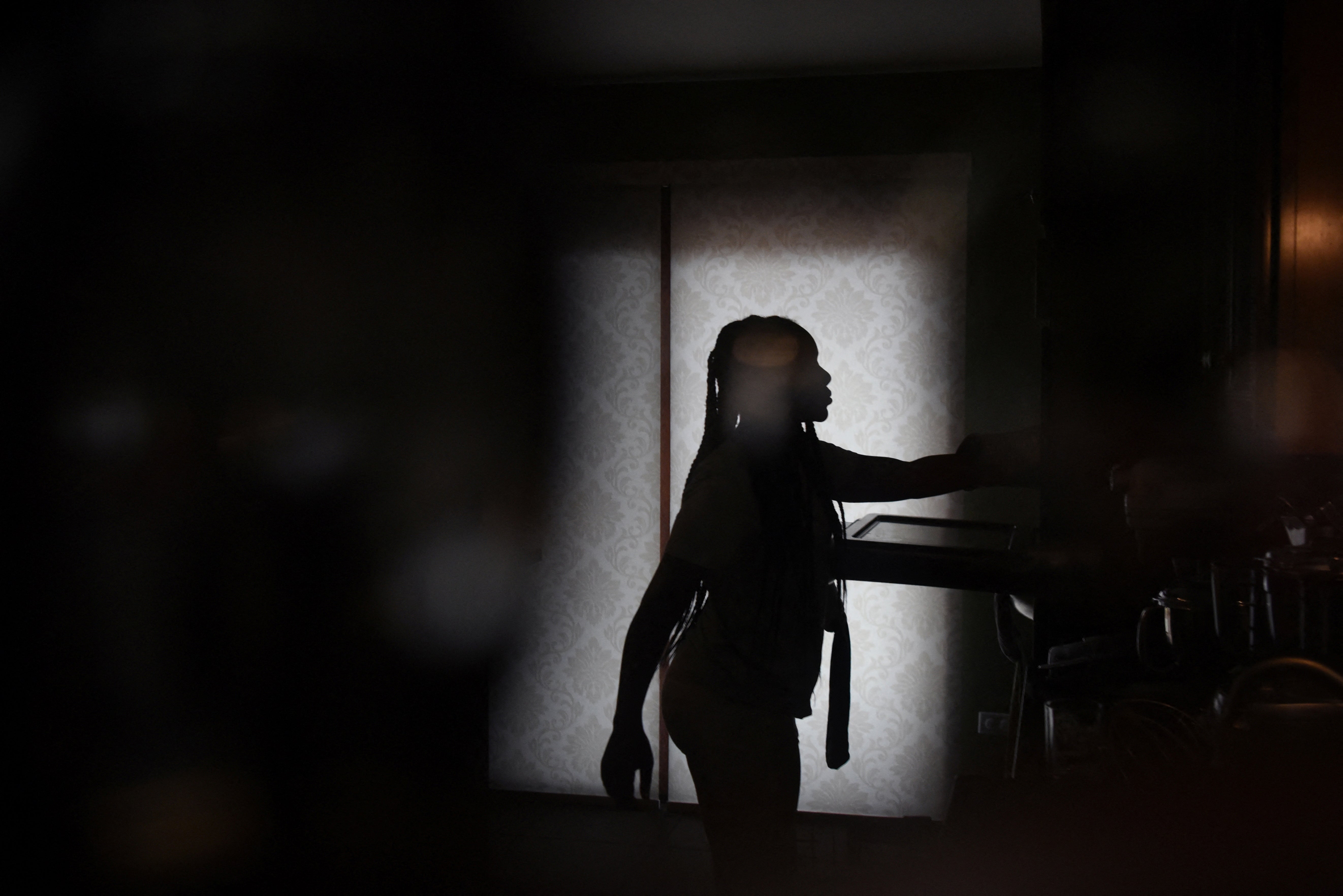
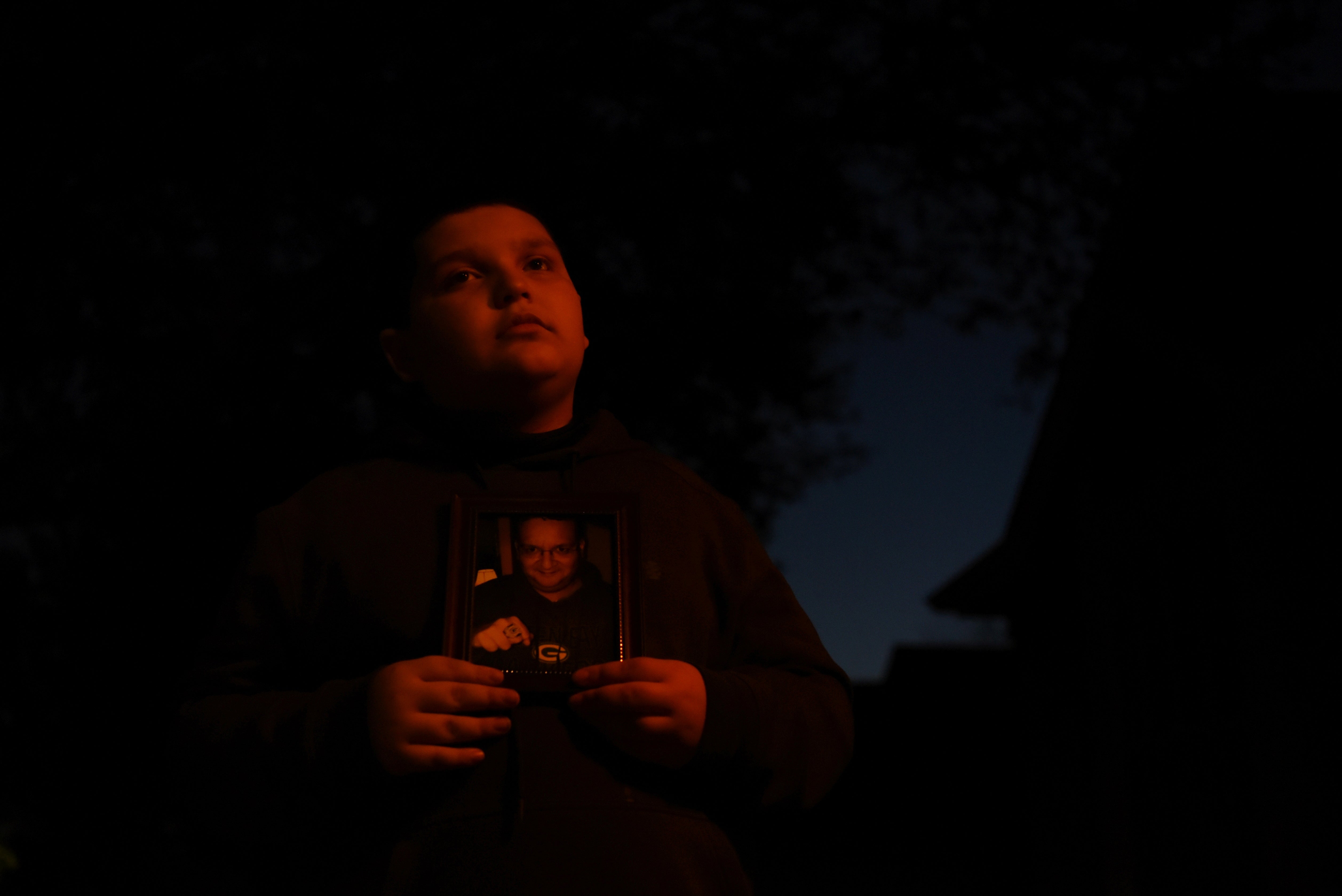
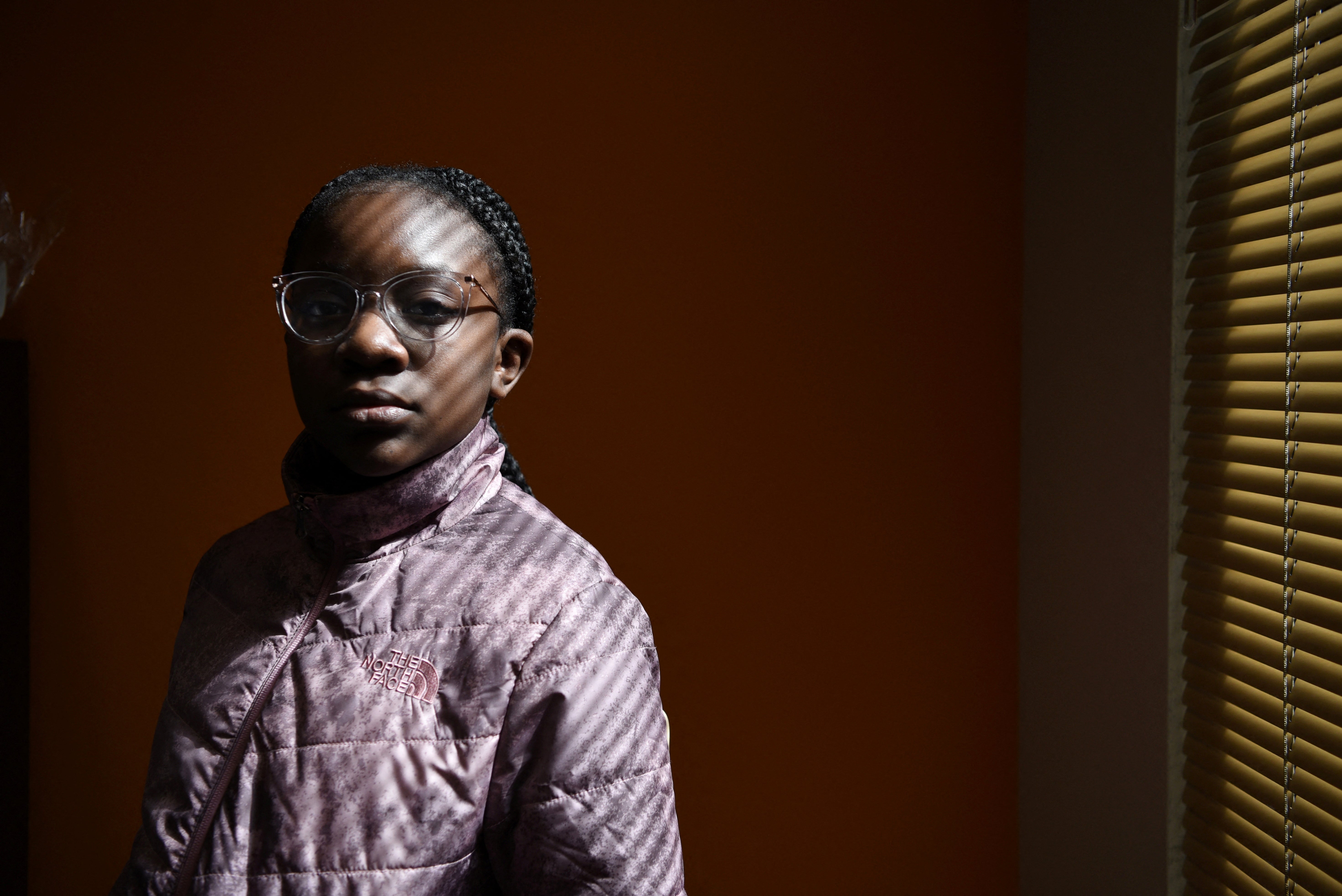
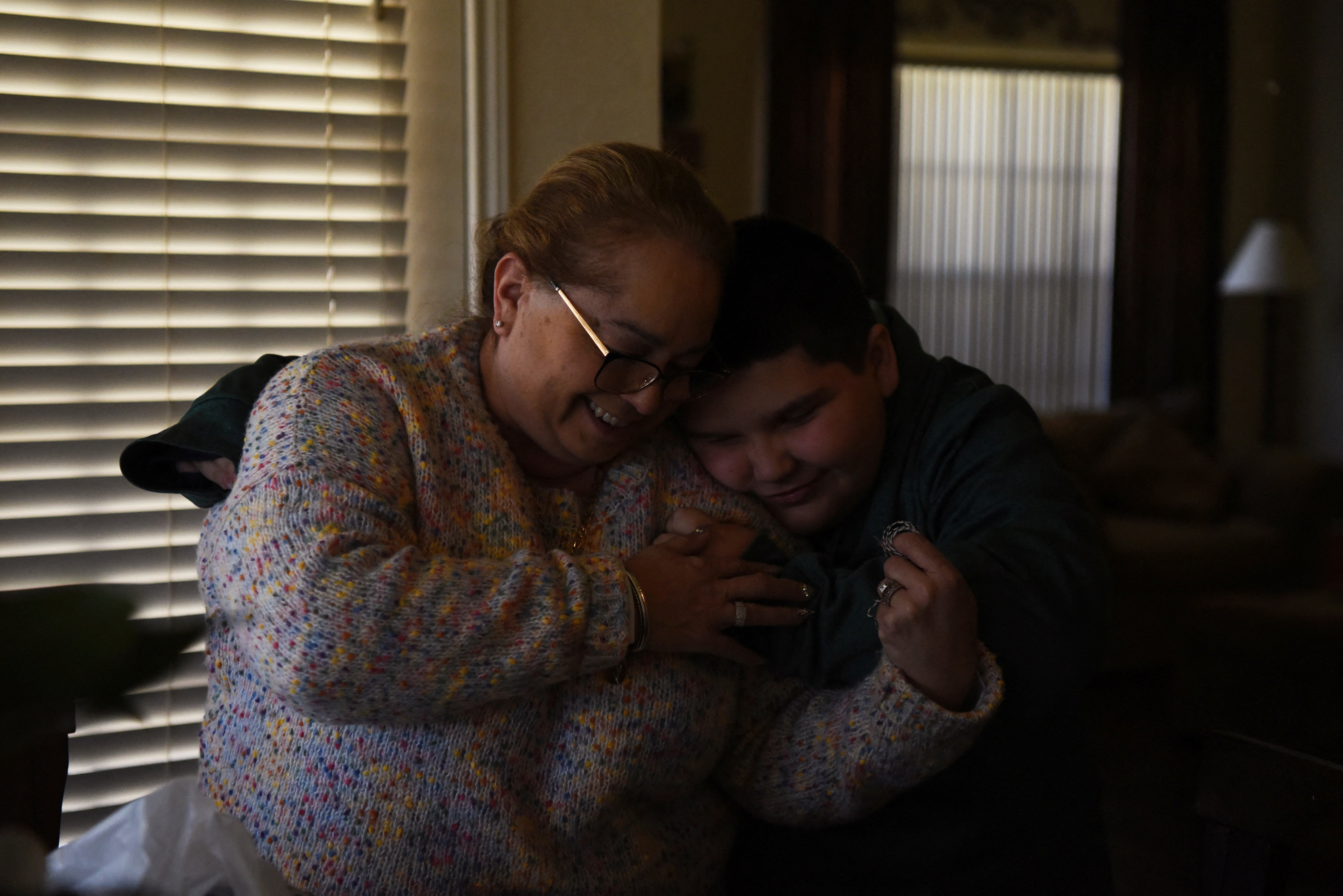
Last summer, when the bushes in her yard needed to be trimmed, Justise found her dad’s hedge trimmers and got to work.
“She does the things that he would do,” Sandra said.
“Never forget”
Not long ago as he walked home from his school bus stop, a blue jay appeared in Aidan Garza’s path. It was so beautiful, “I didn’t think it was real,” he said. “It was so calm, not feisty like the other ones.”
Aidan swore his dad has taken to inhabiting blue jays to keep watch over him.
The boy peppered his conversations about his dad with the lessons he has learned from therapy, which he and his brother have received since their dad died, on how to confront his grief. In talking about his heart and how much he should be thinking about his dad, Aidan said “we always got to save a little spot for him – and a big spot for emotions”.
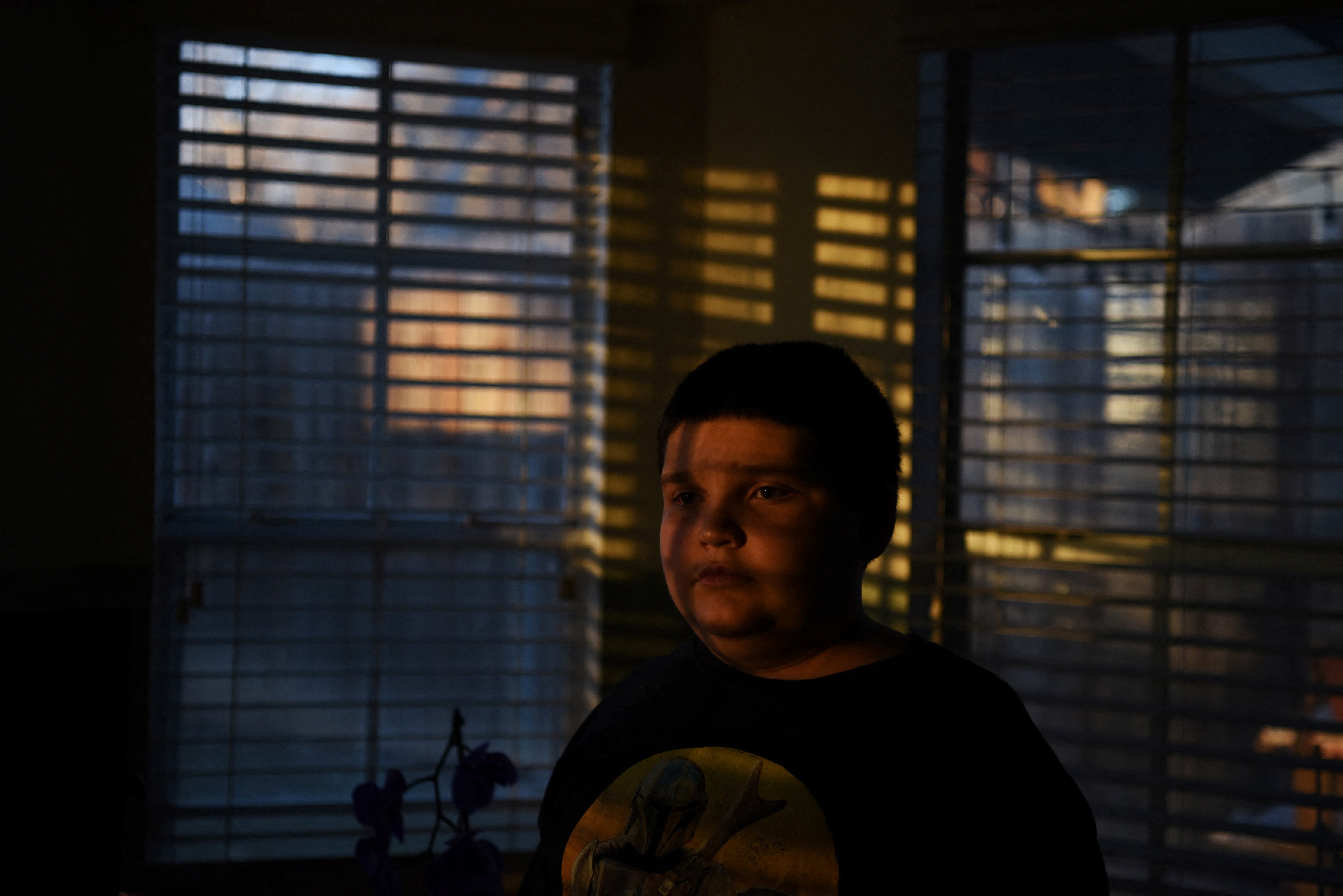
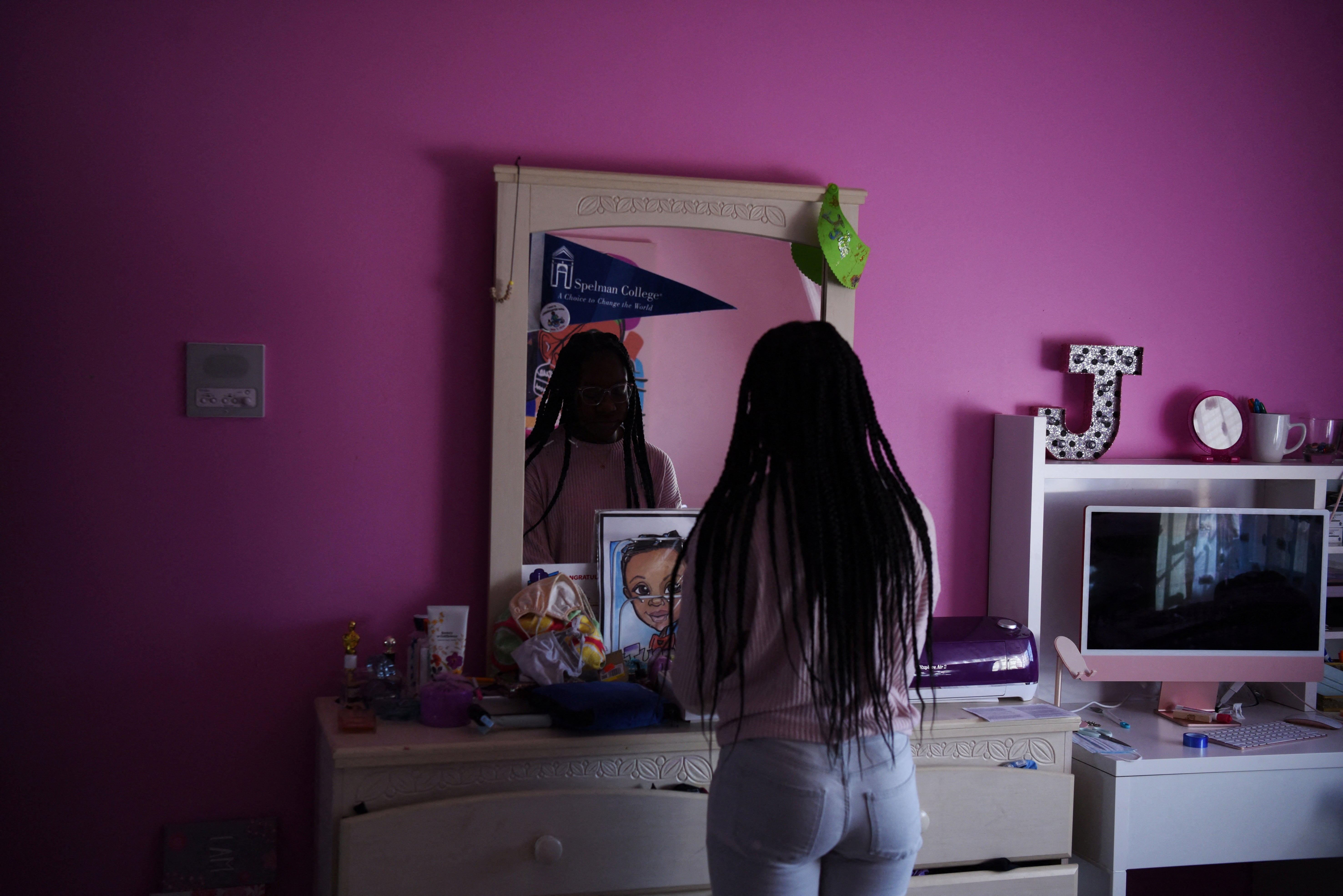
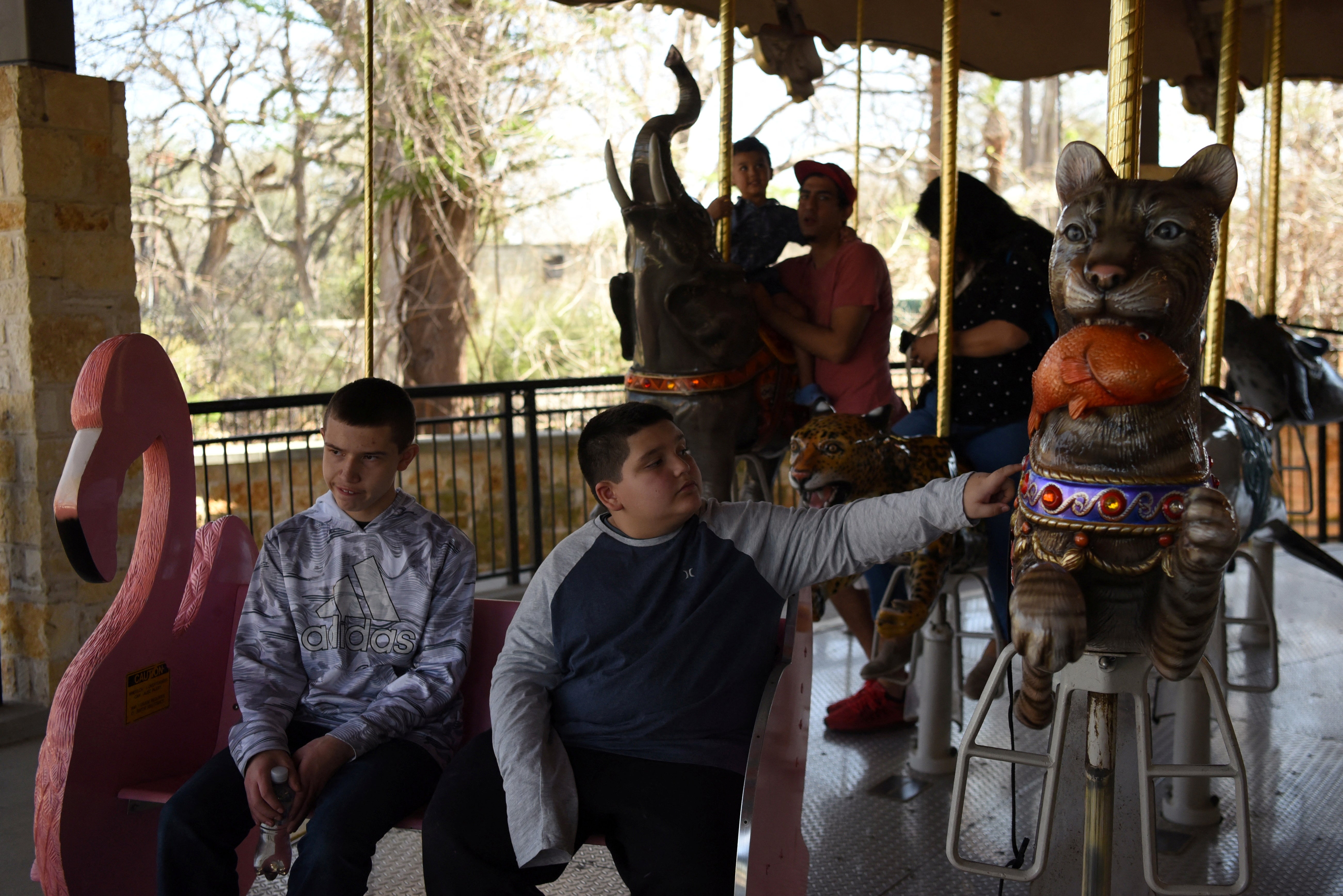
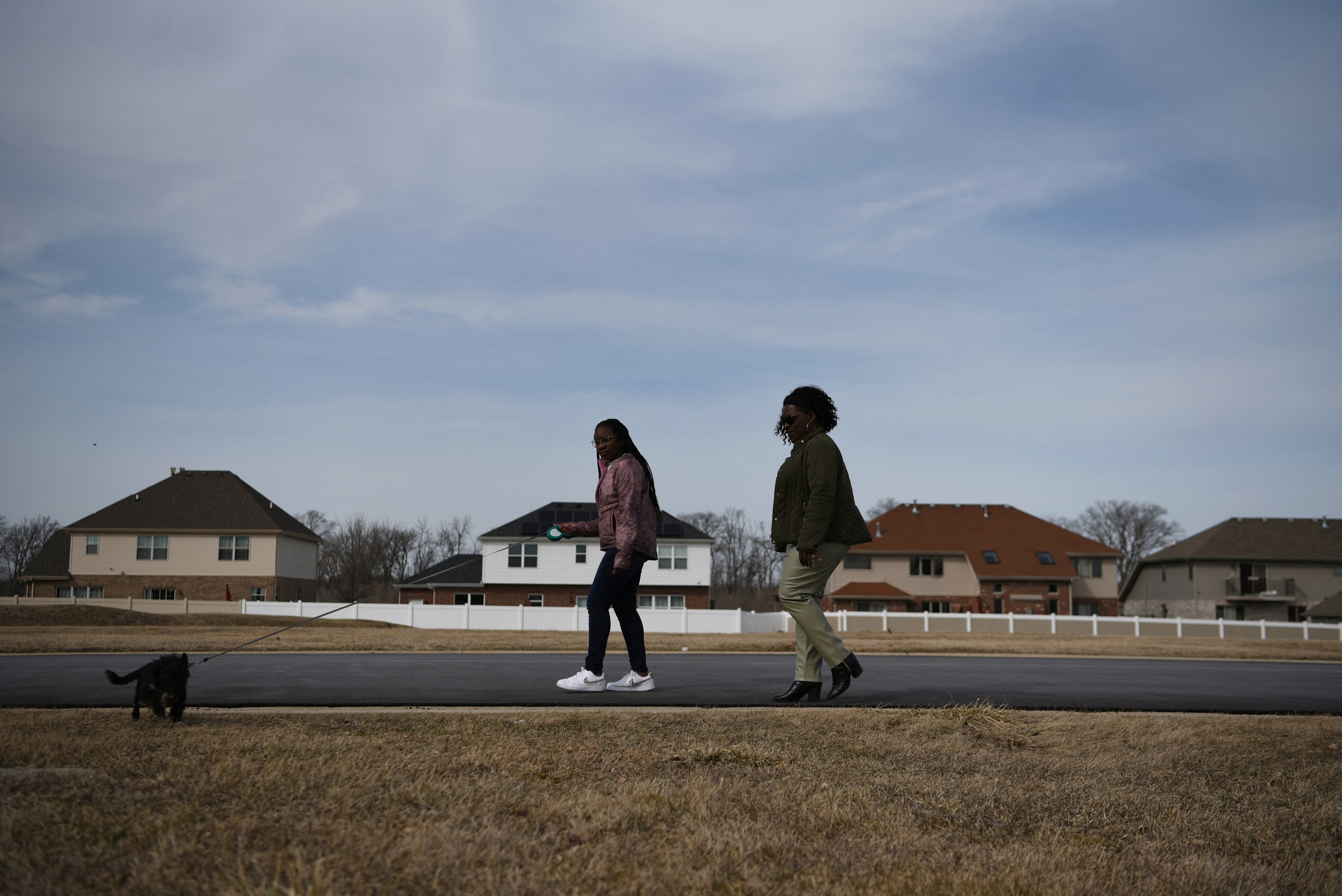
Aidan’s brother, Julius, has trouble with that one.
At 14, he remembers more than his brother about what life was like before that day late in 2015 when Margaret and David Garza adopted the boys.
Their birth mother had abandoned them. Their birth father was sent to prison for abusing their stepsister, pushing them into the foster care system. Julius struggled to understand losing David after all he went through.
“Dad dying was so far the saddest thing that has ever happened in my life,” he said. “I can never forgive that.”
Gently pressed by his mum to open up, Julius’s voice tightened and he said what every father would hope a son would say of them: “I’m always going to love him. I’ll always miss him. I’ll never forget him.”
Reuters. Photography by Callaghan O’Hare
Join our commenting forum
Join thought-provoking conversations, follow other Independent readers and see their replies
Comments